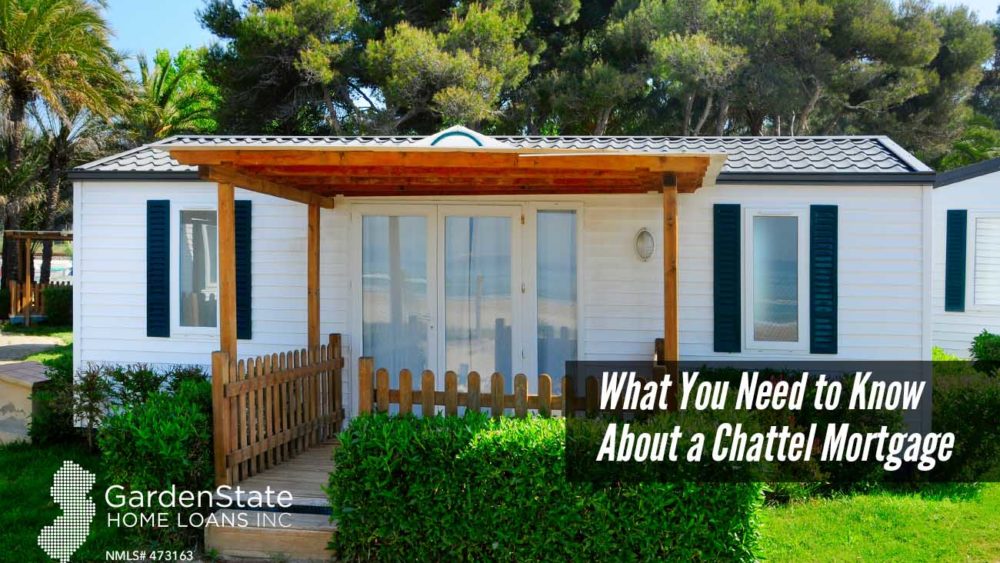What is a chattel mortgage?
A chattel mortgage is a loan agreement where movable personal property is used as security for the loan and guarantees the loan. For an object to be considered movable, the item in question cannot cause any change or damage to the real estate property, such as the building or land that is owned by the borrower. A chattel mortgage is different from a conventional mortgage as the loan is secured by a lien on real property.
How is a chattel mortgage different?
In a traditional mortgage, the lender may seize the property that serves as security if the loan defaults. However, with a chattel mortgage, the legal relationship is reversed. The lender does not have a lien against the property. Instead, the lender has ownership of movable property temporarily granted to them until the loan is satisfied. After the loan is satisfied, the ownership of the movable property is transferred back to the borrower.
A chattel mortgage is also known as a personal property security, a lien on personal property, and a movable hypothec. These are all the same as a chattel mortgage and are used in different jurisdictions. In many jurisdictions, chattel mortgages are required to be registered with a public registry. This is done to inform third parties to be aware of the chattel before entering into any financing agreements with the borrower.
Chattel mortgages for mobile homes
Chattel mortgages are frequently used for the financing of a mobile home that is on leased land. Traditional mortgages can’t be used on such properties as the borrower does not own the land. Therefore, the mobile home is considered to be personal movable property (a chattel) and can serve as the security for a chattel mortgage. The home does not have to remain in the same spot for the duration of the loan. If the home is moved, the financing agreement is still valid.


Comments are closed.